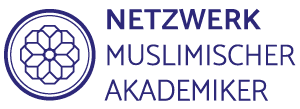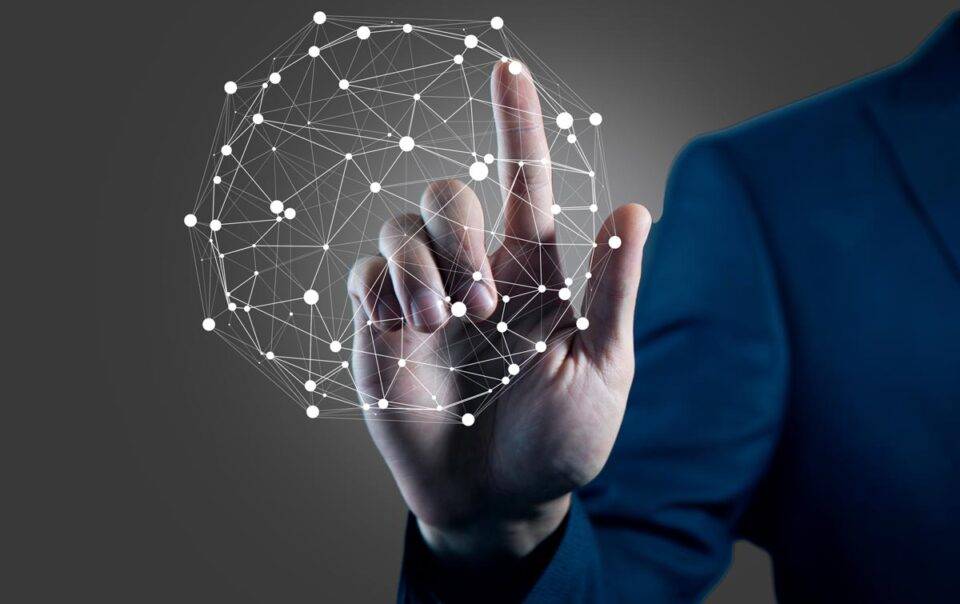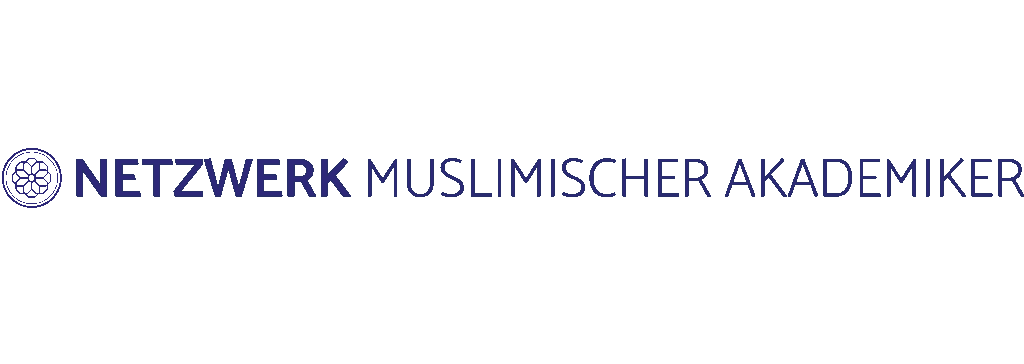It has arrived outside everywhere, even in our homes, at the oasis of peace and comfort. It’s in the living room, at the dining table, in the kitchen, in the bedroom, now in many government offices, in seminar rooms and even in the classroom. We are surrounded by digitalization. Our alter ego is now no longer our childhood friend, nor a long-time friend, but our smartphone. Our bank card is our smartphone, our ID card is our smartphone. When we travel, our smartphone is our travel guide. If we want to reach someone, carrier pigeons still seem extremely tempting, but the smartphone is the better means of communication. Today’s students read their texts on their iPads and do their homework on their laptops. If a seminar at the university is cancelled, students find the replacement in the online folder. Many of the modern people look for the great love online and part with “Block this contact”. Childhood memories no longer accompany us in paper form but are stored in digital folders. Doesn’t the smartphone sometimes know more than we know about ourselves?
Digitization is a challenge not only in terms of its implementation, but also in terms of its consequences. The relief we owe to digitization must not blind us to its Janus face. Byung-Chul Han explained to us that digitization has far-reaching consequences and can not only change proven social structures, but also endanger them and society as a whole. In the second tertial of 2022, we read two works by philosopher Han and another by physics professor Max Tegmark in the reading circle.
“On the Disappearance of Rituals. A Topology of the Present. What becomes of a society whose rituals disappear – and with them what unites us?” 1 was the first work by Han to which we devoted our April reading circle. In his work, Han makes clear how lost the individual is in a society of increasing individualization and why we urgently need a new way of life. The fact that Han explores social problems with his basilisk vision caused enthusiasm in the reading circle, but this was soon dampened by disillusionment. Han would not offer a satisfactory solution to the problems he identifies.
“How exactly does Han imagine the solution? It is typical of philosophers that they hint at the solutions in outline, but do not give any examples. Will old rituals be implemented into everyday life, or are they new forms that need to be established? As a reader, I am on my own.” 2
Enthused by Han’s initial analysis, we ventured further into Han’s world of thought in May’s reading circle with the goal of looking at the crisis of democracy already discussed from the perspective of digital progress. Han’s disillusioned view of digitalization, his warning of its dangers, and his diagnosis that democracy is degenerating into infocracy were the quintessence of his work “Infocracy. Digitization the Crisis of Democracy.” 3 In his book, he paints an extremely pessimistic picture of today’s “information regime” in which only those who have information hold power. In doing so, Han speaks of information wars to which factual debates are giving way and warns us against them. He almost condemns the new development.
Since we in the reading circle also sometimes subject critical analyses to critical scrutiny and strive to also recognize the positive sides of an (information) crisis ,some of our participants expressed objections to Han’s view. “We know from the basic Muslim principles the sentence: Al-aslu fî-l-aschyâ’ al-ibâha. Correspondingly, this means that all things are granted in their basic form. In my opinion, this also applies to information. Apart from the fact that Han speaks of the smartphone as an absurdity in another work, it will inevitably result in Muslims having to rethink about how to use it. There are many undefined areas for us, and yet I see a great opportunity in technological progress.” 4
Directly related to digitization is the question of artificial intelligence. In his work “Life 3.0. Being Human In The Age Of Artificial Intelligence “5 Max Tegmark addressed questions such as: “Artificial Intelligence will change the future of life in our universe. Will it plunge us into ruin or contribute to the further development of Homo Sapiens?”. Using his book as a foundation, we designed our June meeting to conclude the tertial with it. Many of the questions raised by Tegmark made us think undoubtedly. In the reading circle, however, we could not help feeling that some participants took offense at the fact that both the preoccupation with digitization and artificial intelligence lacked an important component, namely the religious one. Often, in relevant analyses, humans are portrayed almost as objects of digitization that would be inferior to QI according to a dystopian scenario. But isn’t the specific difference of man that he is capable of recognizing God?
As early as the Middle Ages, Imam al-Ghazālī in his “The Savior from Error,” Ibn Tufail in “The Philosopher as Autodidact,” and Descartes in his Meditations demonstrated man’s ability to know God. Our reading circle did not deviate from this tradition and repeated it with determination. “What is it that distinguishes man? Is consciousness our most important distinguishing characteristic, as Tegmark wonders? For me, the crucial differentiating aspect is the ability to believe in God or to find faith in Him. Could an artificial intelligence that has a very distinct consciousness also arrive at the knowledge of God?” 6
2) Beitrag aus dem Lesezirkel. April 2022.
3) Han, Byung-Chul (2021):Infokratie. Digitalisierung und die Krise der Demokratie. 1.Aufl. Berlin: Matthes & Seitz Berlin.
4) Beitrag aus dem Lesezirkel. Mai 2022.
5) Tegmark, Max (2019): Leben 3.0. MenscTegmark, Max (2019): Leben 3.0. Mensch sein im Zeitalter Künstlicher Intelligenz. 2.Aufl. Berlin: Ullsteinh sein im Zeitalter Künstlicher Intelligenz. 2.Aufl. Berlin: Ullstein.
6) Beitrag aus dem Lesezirkel. Juni 2022.



